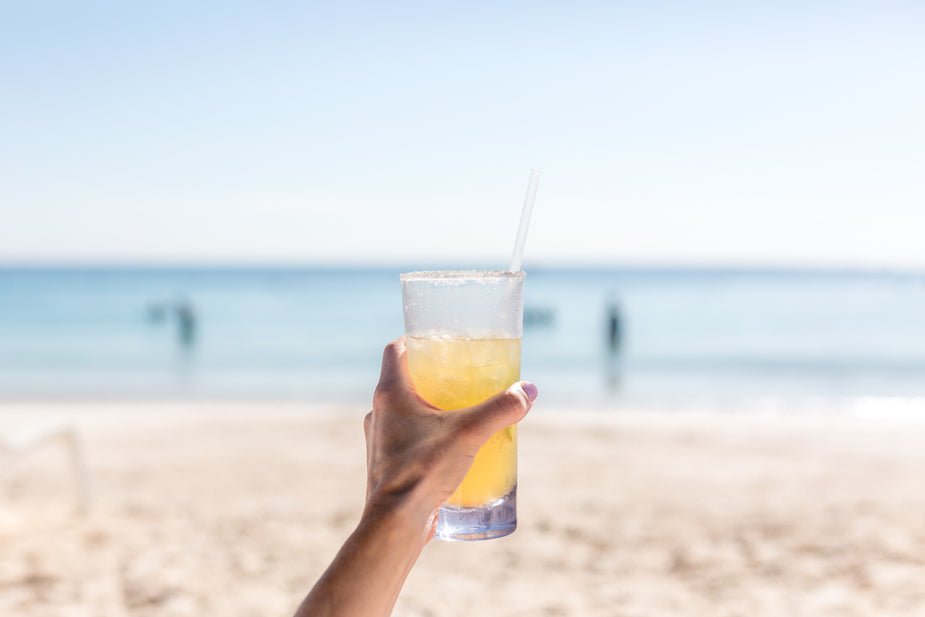Switching to a keto or low-carb diet can offer many benefits, from weight loss to improved energy levels. However, anyone who has tried the diet may have experienced the dreaded "keto flu" - a collection of symptoms that can include headaches, muscle cramps, and fatigue. The cause of these symptoms is often an electrolyte imbalance, as your body adjusts to the new eating habits. In this blog post, we'll discuss why electrolytes are important on a keto or low-carb diet and how you can avoid the keto flu.
What is an Electrolyte?
Electrolytes are minerals that play a crucial role in the body's functions, including the regulation of fluid levels, nerve and muscle function, and the transportation of nutrients. Some of the key electrolytes are calcium, potassium, magnesium, and sodium. When these minerals are out of balance, it can lead to symptoms like muscle cramps, heart palpitations, and low energy.
Why Are Electrolytes Important on a Keto or Low-Carb Diet?
A keto or low-carb diet can lead to an increased loss of electrolytes, as your body adjusts to the new eating habits. Carbohydrates hold water in the body, and when carbs are restricted, the kidneys excrete more water, along with electrolytes. This can lead to dehydration, which can make the symptoms of the keto flu even worse. In addition to the loss of water and electrolytes, you may also be consuming fewer sources of electrolytes, like fruits and vegetables.
How Do You Get Electrolytes on a Keto or Low-Carb Diet?
The good news is that there are many ways to replenish your electrolytes on a keto or low-carb diet. One common method is to consume sugar-free electrolyte supplements, like Re-Lyte or LMNT. These supplements contain key minerals like sodium, magnesium, and potassium, without the added sugars that you may find in sports drinks. You can also find electrolytes in whole foods like avocados, leafy greens, and nuts. Adding a simple pinch of salt to your water or meals can also help boost your electrolyte levels.
What Are the Best Electrolytes for the Keto Flu?
If you're experiencing symptoms of the keto flu, there are a few specific electrolytes that can help. Sodium is one of the most important electrolytes, as it regulates fluid balance and can help prevent dehydration. Magnesium is also crucial for muscle function, and a deficiency can cause muscle cramps and twitching. Finally, potassium plays a role in heart health and nerve function. If you're not sure if you're getting enough of these electrolytes, it may be worth talking to your doctor or a registered dietician.
In summary, electrolytes are an important part of any diet, but they take on an even greater importance on a keto or low-carb diet. With a little bit of planning and some smart choices, you can avoid the keto flu and stay energized and healthy. Remember to focus on whole foods and sugar-free electrolyte supplements, and consider talking to a professional if you're experiencing any symptoms. By prioritizing your electrolyte balance, you'll be able to get the most out of your new healthy eating habits.
Why Electrolytes Are Vital on a Keto or Low-Carb Diet

